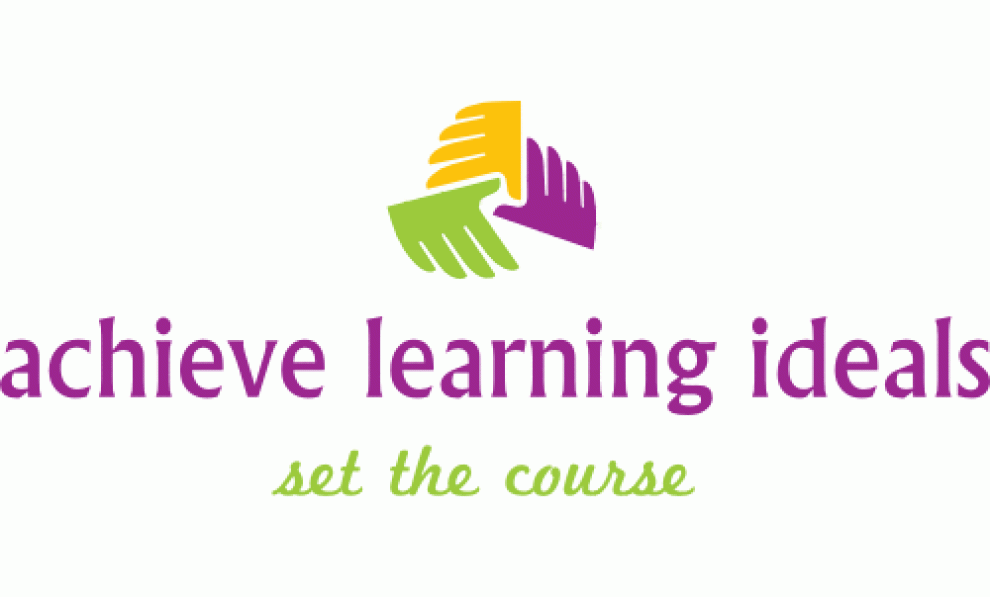Things for Teachers to Remember:
Children and young adults are a “little bit of everything.” Too often as we approach the final portion of an academic year, we are busy thinking tests, reviews, scores, and how to get it all done in time. We also have to evaluate the pupils, and suggest not merely for those upcoming reports but also for the files, the notes we make on the students and that allow us to intelligently discuss what worked, who worked, and how they worked throughout the academic year.
And I remember how with the youngest who were still at the picture book stage, we often used metaphor to get the point across that they as children were “allowed” to have all the emotions, to be all the fish in the pond, not merely a static “happy fish” or happy smiling face. Then as children complete middle school literally for many “trying on roles” and enter High School as the young adults we encounter, they are beginning to solidify an image- if not quite their true image. As Educators we have to keep encouraging them to continue to not restrict themselves into one specific personality trait or one specific mode of practice- for this I turn to the already famous to share how so many had more than one profession, more than one talent, more than one fixed and celluloid image. And for those who have gone on to become rock stars, or sports heroes or even Nobel Scientists there is also their other characteristics as well: Einstein famously playing music, rock stars who become spokes people for environmental issues, Environmentalists painting or capturing their beloved outdoors in photographs or on film, and for the students skeptical if they can break their “molds” and the expectations of their peers we happily have a host of relatively recent young adult movies where the actors actually do try on other roles to the chagrin of peers and with at times extreme growing pains- these may be shared to generate free style brain storming and writing exercises.
And we as Educators ought to recall for ourselves those “hobbies” which once brought pleasure and remember to share our efforts with our students so as not to be one dimensional to them, either. When we care about students from a holistic perspective we share a little part of our personalities, too. We might not be “the biggest fish in the pond” but we can keep swimming and demonstrating that each of us is a valuable part of the whole, for when we do so we validate our students’ efforts and make real the notion that yes it is good to try new challenges, to encourage ourselves as well as one another, and to perhaps even uncover hidden talents and new dreams.
